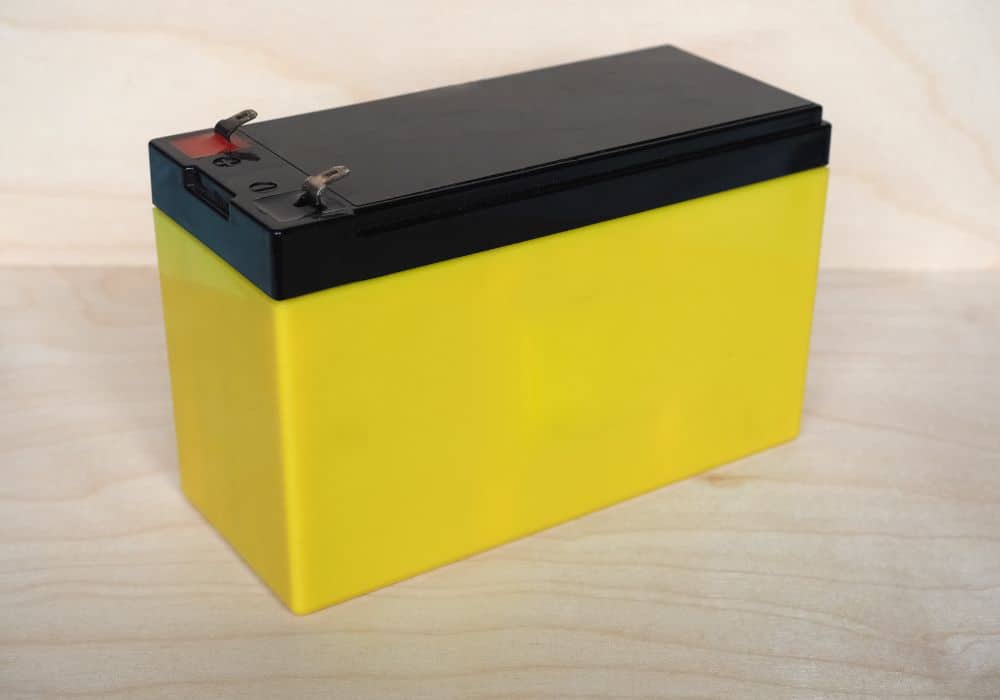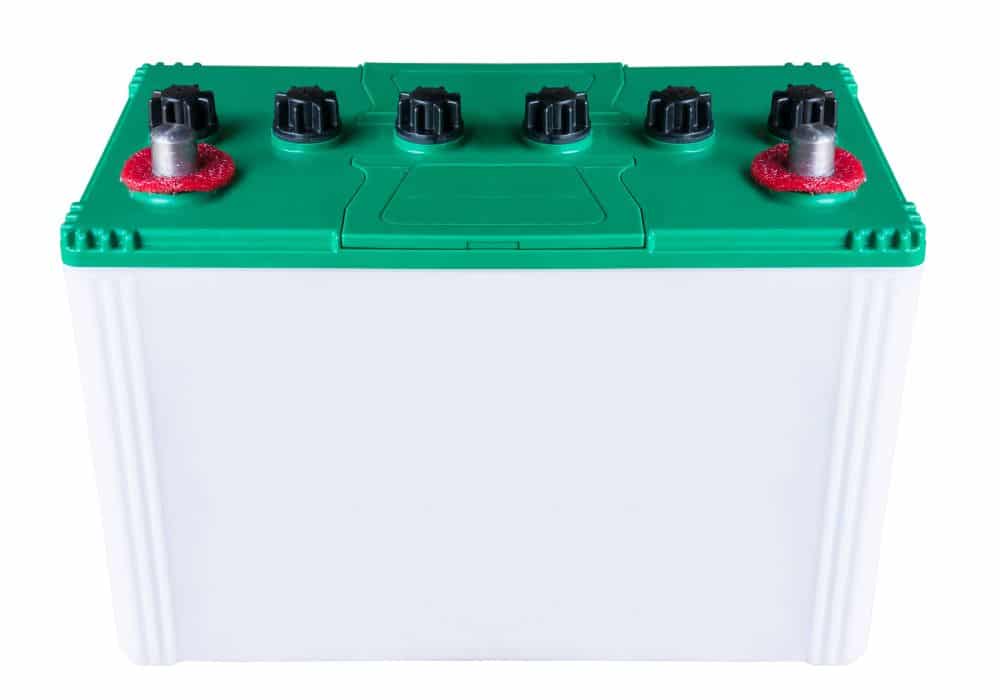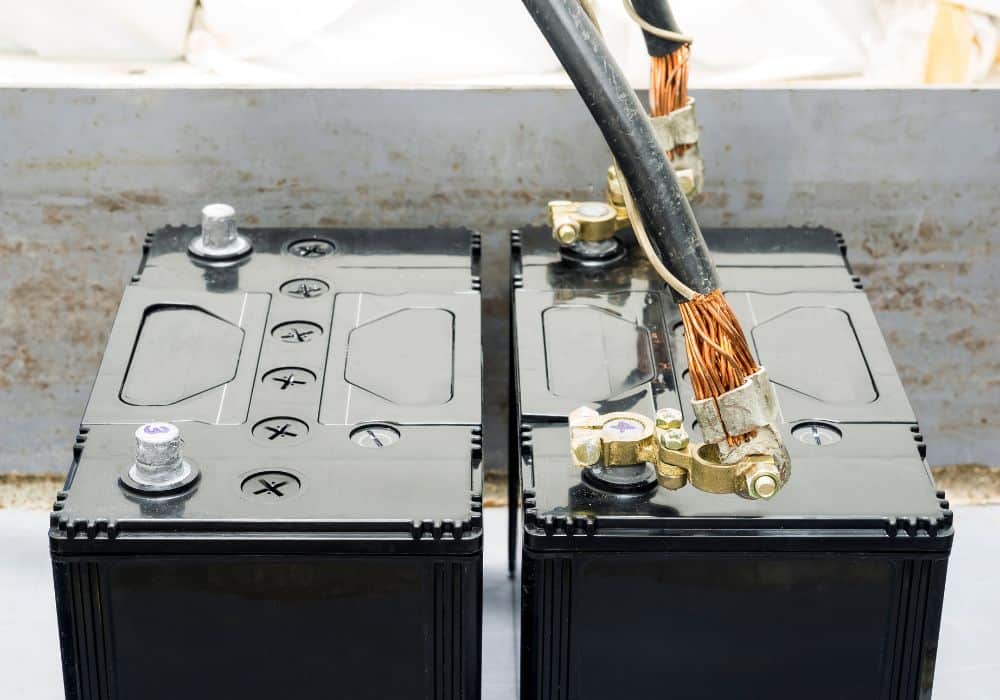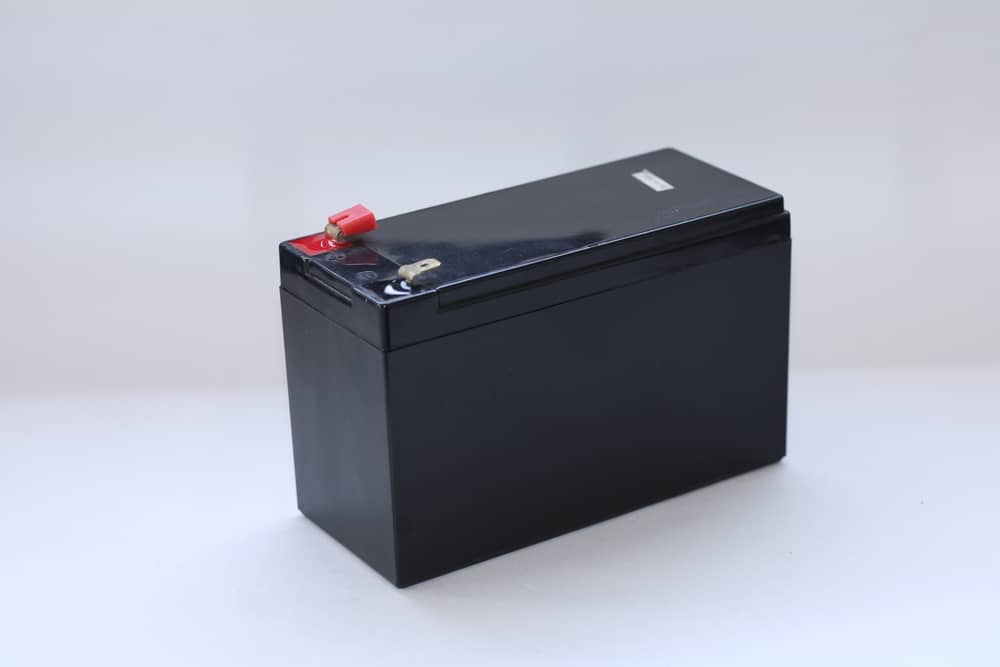If you are new to the world of cars and batteries, you may have a dozen questions about how long a car battery really lasts. It isn’t a very uncommon question even for people who have been dealing with these things for quite some time.
There are people who prefer doing everything all by themselves and there are others who think it’s best to get professional help no matter what the issue may be. However, regardless of your preferences, as a car user, you need to be aware of all the battery basics to keep your car in good shape. In this article, we are going to discuss all that, so let’s get to the basics first.
Table of Contents
An Overview of 12V Batteries
The main purpose of such batteries is to supply power to different electric systems in your vehicle that operates on lower voltage. These batteries are not limited to cars! There are mostly used in boats, automobiles, or RVs. If you want to learn more about its composition, it is mainly comprised of multiple cells (or a single cell) and facilitates a chemical reaction that ensures that electrons are flowing smoothly in the circuit.
The important thing to understand is that this or any other battery is not essentially ‘creating’ power all by itself, they are ensuring the power supply because of the chemical reactions happening. It means that they are merely storing the energy for the end user. The output power that is supplied to the vehicle or a device is DC (direct current). If you want to have AC (alternating-current) power supply, then you will need an inverter to convert the power output by the battery.

Voltage Variants in This Battery
Well, instead of voltage variants, if you really want to have a higher battery capacity, you can simply put multiple 12V batteries together and enjoy an increased capacity and high voltage. If you are connecting four, 12V batteries together in a series, it will give you a powerful 48Volts battery system.
Interestingly, if you connect these four 12V batteries in a parallel sequence, you will not get a 48V battery capacity but the duration of active working hours will be four times more than using a single 12V battery. Therefore, merely using multiple 12V isn’t the only thing that has an impact on its overall capacity, because you also have to be conscious about the connection sequence, i.e. series vs parallel.
Various Types of 12V Batteries
Generally, these batteries can be categorized as rechargeable and non-rechargeable. As a general rule of thumb, if you are using the batteries for a vehicle or appliance that you use on a daily basis or quite frequently, it is highly recommended that you go for the rechargeable version. Going for the rechargeable battery simply cuts the cost and makes the process a lot more user-friendly as well, because once the battery discharges, you can simply recharge it.
1. Lead Acid Types (Flooded)
As the name suggests, this battery has metallic plates that are “flooded” with a solution. In order words, there are lead-oxide and lead plates that have to be submerged in the electrolyte (that’s a solution of 65% water and 35% Sulfuric Acid). These batteries are quite basic and consist of six cells, with plates having dual polarity (i.e. positive vs. negative) and electric current flows through this system due to a controlled chemical reaction.
If you are using this battery in your vehicle, there will be an alternator to charge the battery because if you keep using the battery without recharging, that’s going to drain all the power and eventually leave the battery absolutely useless. Generally, you can use them comfortably for as many as five years.
The biggest advantage of using this battery is that you can find them quite easily and they are also comparatively cheaper. However, the downside is that you will have to monitor these batteries for fluid levels every 3 to 6 months.

2. Lead Acid Types (With Sealed Valve – VRLA)
Compared to the flooded battery types, these batteries are not high maintenance at all. The fact that this battery doesn’t require maintenance is an advantage and disadvantage, You can guess from the name that these batteries come in a sealed container, so everything that’s required to make the battery work is inside the system.
One of the issues with this battery has to do with the working mechanism, as hydrogen gas is formed during the chemical reaction. While this gas can be reused, it can sometimes cause an excess of pressure. Now there is a valve that helps you regulate this excess gas pressure but it also leads to a gradual degradation of the VRLA batteries.
3. Gel Type Batteries
This is quite an upgrade from the lead-acid batteries. The lead plates in these batteries are suspended in a gel-like substance. You can expect these batteries to last anywhere from 2 to 5 years. These are quite like the VRLA batteries and don’t really need a lot of maintenance.
It really gives you peace of mind when there is no risk of fluid leakage either or the requirement of installing them in a specific position. However, you need to exercise a bit more care while charging these batteries. You’ll need to make sure that they have the specific charge controller and are being charged slowly (maintaining a low voltage). This does raise the overall cost of the complete Gel-12V batteries.
4. Absorbent Glass Matt (AGM) Batteries

These batteries are also quite durable and consist of a sponge-like suspended electrolyte that remains intact with the plates, having active lead material. They are quite carefully designed to avoid any degradation. In AGM batteries, the lead plates are placed between saturated electrolyte mats (fiberglass).
One of the most beneficial aspects of these batteries is that they come with comparatively longer service life, usually ranging from 4 to 7 years, have an efficient recharging mechanism,s and provide high starting power. In short, they are low maintenance and don’t require any special charging requirements either. However, they can seem a bit pricier than the rest.
5. 12V Lithium-Ion Battery
This category of batteries is quite the new addition to the family of batteries and they are also at the far end of the pricing continuum. However, if you’re willing to invest generously, they offer great features because unlike other batteries these are comprised of lithium salt and create energy more efficiently. They also have a much longer working life than all the other batteries.
In addition to these features, lithium-ion batteries are quite lighter and you do not need to stress about maintenance on a regular basis. Regardless of all the striking benefits, one of the biggest issues is the high price of these batteries. Another thing to keep in mind is that these batteries do not function as engine starters.
How Long Does a 12V Battery Really Last?
Well, the really short answer is that you can expect a car’s 12V battery to last as long as five years. However, you cannot judge a car battery the same way that you judge an AA battery because they happen to be quite different from one another in terms of work mechanism.
There are various factors that are going to impact the overall health and functionality of your car’s battery. The most important ones include maintaining the desired temperature, whether you’re keeping your vehicle maintained regularly or not, as well as, the overall state of the charging system that you have in place. You may be surprised to hear that your driving style may also contribute towards the longevity of the car battery.
Conclusion
So, now you know all about the overall working duration for different types of 12V batteries but the confusion remains, which battery should you select? Well, there isn’t going to be a perfect battery! If you are going to prefer features more, then you may have to invest some extra money. On the other hand, if you are on a budget, you may have to compromise on some of the features.
The cheaper options are the Lead-Acid Flooded batteries and if you want to go for something that does not require a lot of maintenance hassle, then you have Lead Acid Sealed, AGM, Gel, and Lithium batteries to choose from. The better choice is a Lithium-ion battery if you aren’t too worried about the investment.
So, the choice is yours to make. Decide upon the features that you simply cannot compromise on and make your pick according to that. At the end of the day what really matters is an efficient battery with the most working life.
FAQ:
1. Is it possible to switch lead-acid with lithium-ion batteries?
Of course, you can always make a change from the orthodox lead-acid type batteries to the more modernized lithium-ion battery. There are no special modifications required for this change, however, you will need a bit more initial investment for the lithium-ion batteries because they are quite pricier.
2. Why should you go for a 12v battery for your vehicles?
Well, the simplest answer is that it is the one that’s commonly used for automobiles. You can comfortably use them in tractors, cars, RVs, or other heavy machinery. Since these batteries come with a high voltage capacity than any standard battery, they are able to generate more power and keep the vehicles working efficiently.
